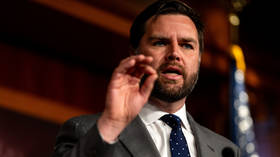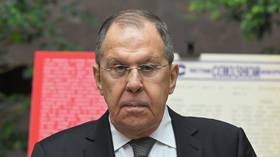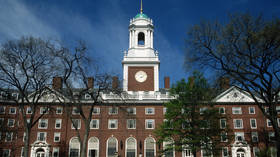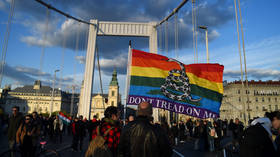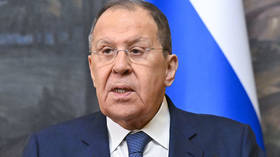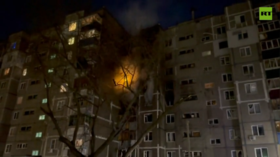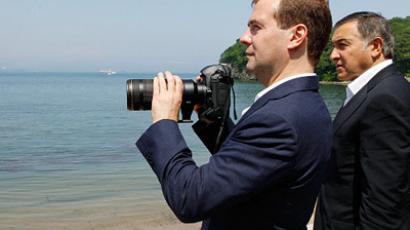APEC's turn to save global economy
Leaders from the Asia-Pacific region have gathered for a summit in sunny Hawaii. The weekend gathering is focused on establishing a free trade zone, but a range of high-profile political issues are also looming large as the summit kicks off.
The APEC summit is being hosted by US President Barack Obama in Honolulu. It is aimed at increasing trade and economic co-operation in the Asia-Pacific region, with the main initiative from Obama being the creation of a Pacific free-trade zone.The summit officially begins on Saturday, but foreign ministers from the APEC countries met the day before, to pave the way for discussions.During the meeting, US Secretary of State Hillary Clinton underlined the benefits of economic co-operation in the region."I look forward to hearing from everyone about ways we can continue to build an enduring regional economic architecture that is open, free, transparent and fair,” Clinton said, as cited by the Associated Press. “Above all, I hope we can continue to find ways to achieve real results, and yes, get stuff done.”
Asia-Pacific Economic Cooperation (APEC) is a forum for 21 Pacific Rim countries that seeks to promote free trade and economic cooperation in the Asia-Pacific region. It was established in 1989 as a counterweight to other regional economic blocs. APEC members account for approximately 54 per cent of the world's gross domestic product, about 44 per cent of world trade, and some 40 per cent of the world's population. The location of the meeting rotates annually among the member states. Russia joined APEC in 1998 and is to host its next summit in September 2012.
The primary goals of the APEC gathering are improving the trade and economic relationships of the countries that make up the Asia Pacific, but many are seeing this as a sort of a continuation of the G20 summit without the participation of the European states.Leaders are expected to send an urgent message to the European countries to step up their attempts to improve the financial situation, which is affecting the global markets and the world economy.
China has joined the debate on Europe’s economic crisis and may even contribute to the EU bailout fund. However, Professor Julan Du of the Chinese University of Hong Kong says any handout will be a “gesture of friendship” and not a major investment.“I think China is considering contributing a bit to the rescue package of EU in order to promote its self-power and improve relations with the EU,” professor Du said. “I predict that Chinese leaders will contribute a little money, but not so much, as a gesture of friendship to the EU. But the investment itself in the EU is quite risky, because China cannot control the fiscal discipline of the European countries.”
Political issues dominate proceedings
Even though the substance of the APEC summit is officially focussed on economics, a range of political issues have been surfacing too.US Secretary of State Hillary Clinton expressed her country’s views on the unrest sparked by anti-government protests in Syria, saying America believes that the Syrian president should step down.“Regarding Syria, we discussed the ongoing and escalating violence perpetrated by the Assad government against its own people,” Clinton said. “Our position is clear – we are supporting a peaceful transition. Assad has lost his legitimacy to rule and he should step down.”Russia, on the other hand, believes it is important for negotiations to take place and says that it intends to help kick-start these talks in Syria. The Russian Foreign Minister Sergey Lavrov said it is the only responsible thing to do.“Some opposition groups, particularly those based in Turkey and the US, are boycotting any calls for dialogue,” Lavrov said. “This position can be neither supported nor understood. We will continue to encourage the opposition to act more constructively and to show concern about their country and the Syrian people.”Russia believes it is important to avoid a Libya scenario when it comes to Syria. However, this is certainly not the only political issue that is being touched upon.A meeting between the Russian and US presidents is expected to take place, where they are very likely to discuss US plans for a European missile defense shield as well as Russia’s accession to the WTO and a range of other issues.



